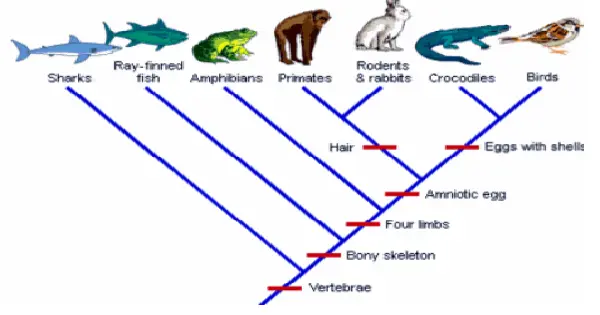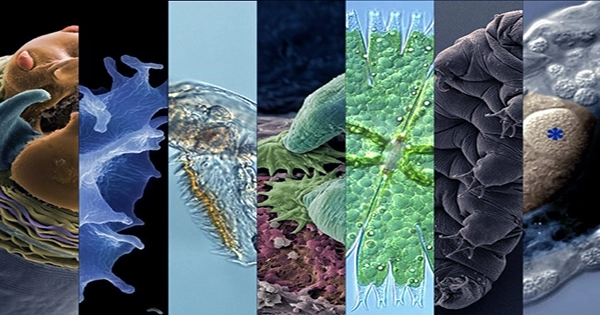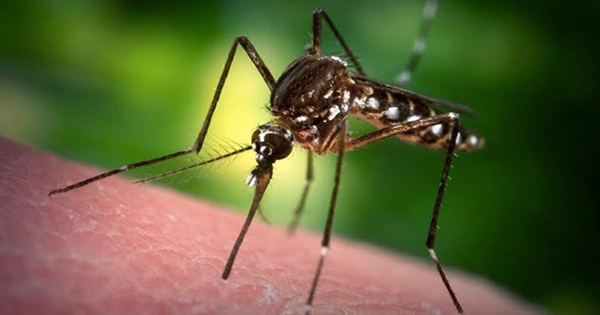A group of species that use the same resources in a comparable way may occupy a set of ecological niches that make up an adaptive zone. The evolution of individuals from a single ancestral line into a variety of niches or adaptive zones is known as adaptive radiation. It is thought that adaptive radiation is a quick process in which fast adaption from a recent common ancestor occurs (with respect to geological time, of course).
Let’s examine the adaptive radiation dynamics. First off, rapid speciation occurs over a short period of time. Keep in mind that when natural selection affects a single allele, the frequency of the gene changes quickly and then very little for a while. Rapid adaptation and radiation into various adaptive zones occur after speciation processes.
The quantity and longevity of different lungfish genera on earth can be inferred from the fossil record. More than 300 million years ago, during the Devonian, the first lungfishes emerged. The number of new characteristics, species, and genera increased quickly, although the majority of these species and genera were short-lived. Later, the addition of new traits decreased, and fewer, longer-lasting genera emerged. This pattern of quick change followed by a slower period of activity is consistent with the adaptive radiation model we have put out.
Looking at current taxa, we can see that many members of the next lower taxa are concentrated in just a few of the lower taxa, whereas there are many lower taxa with only a few individuals. Arthropods are one of the animal phyla with the most species diversity. Only a small minority of other animal phyla have many species, but none have even tenths as many as the arthropods. In contrast, many phyla have a huge number of species. We would anticipate that adaptive radiation would lead to diversification into numerous taxa at any given level. But the occurrence of several species in a small number of taxa suggests a function for progressive colonization.
















